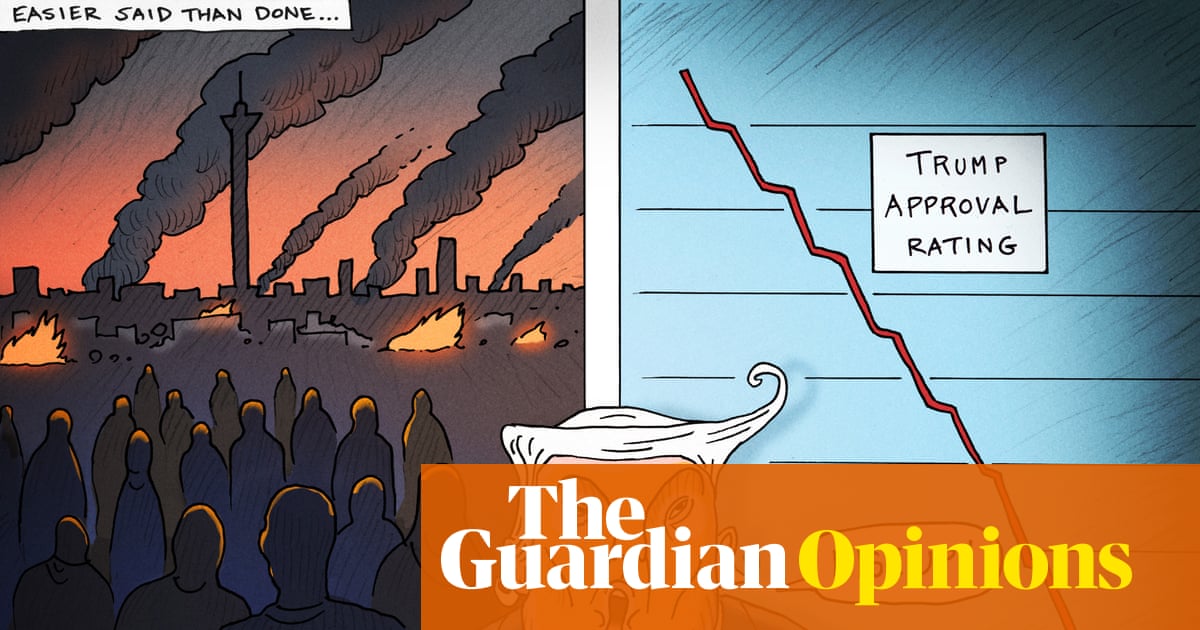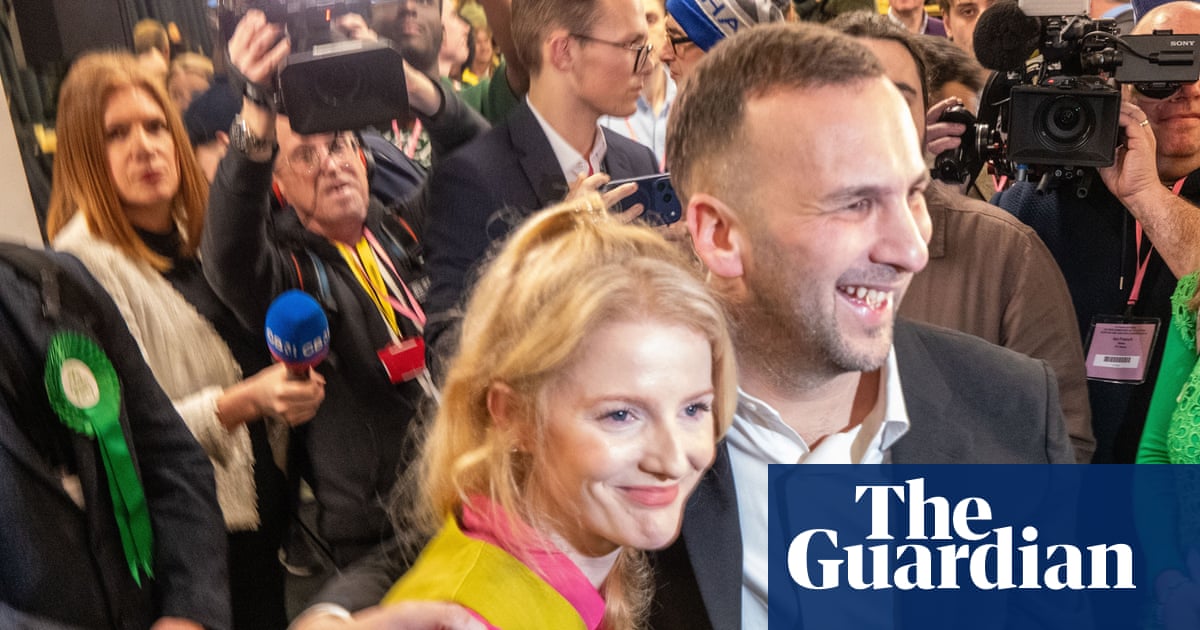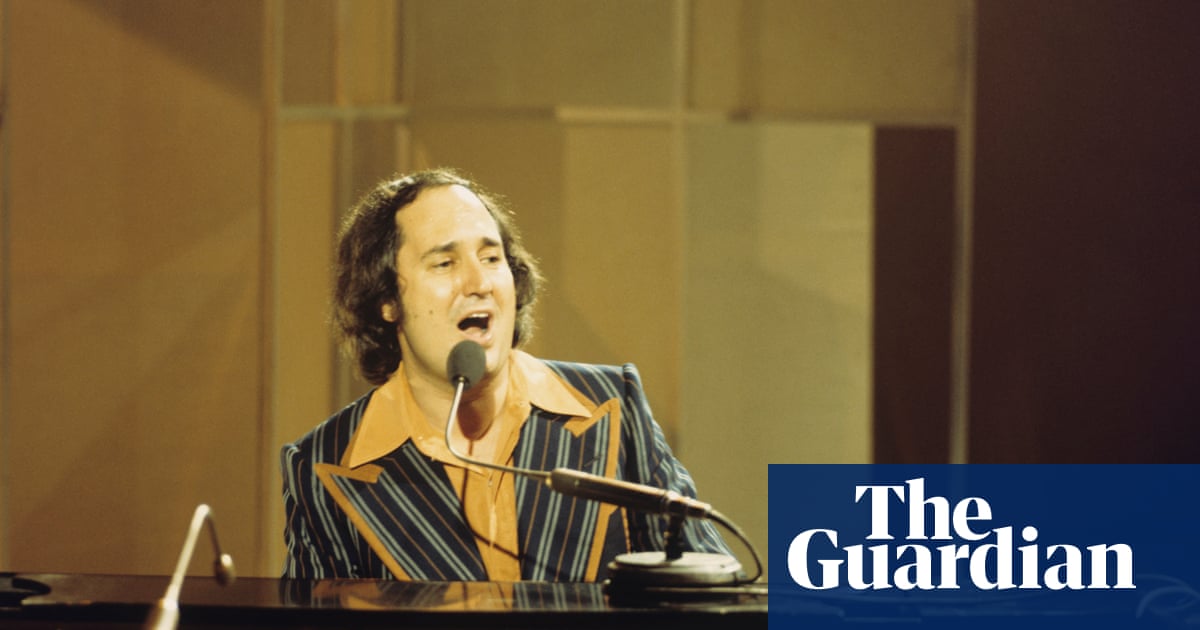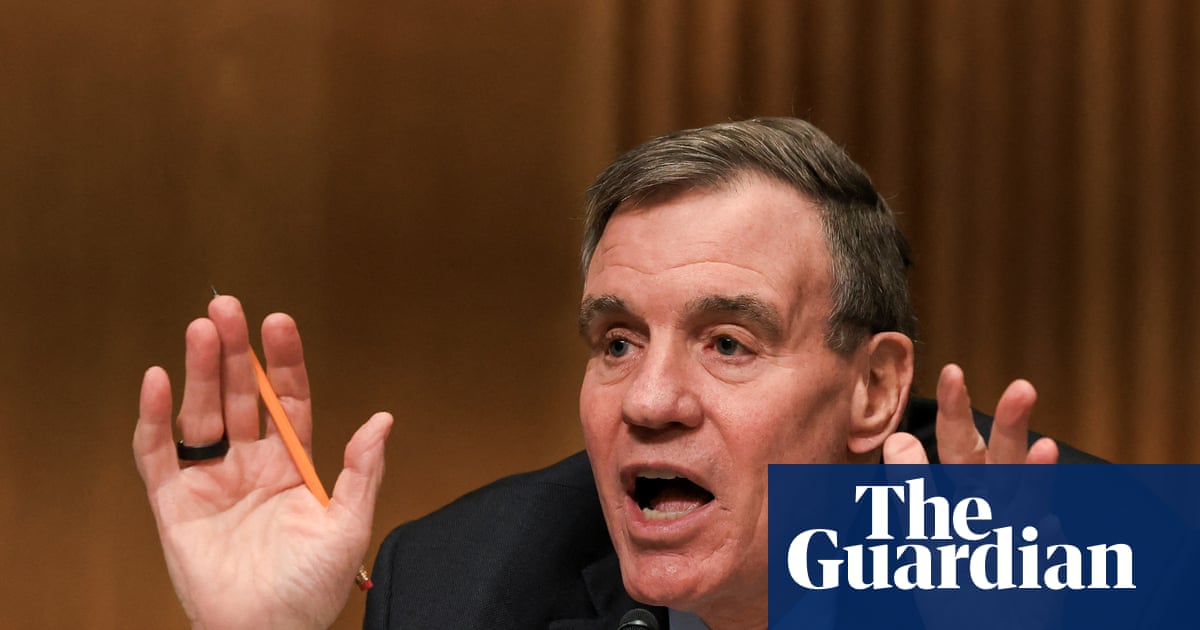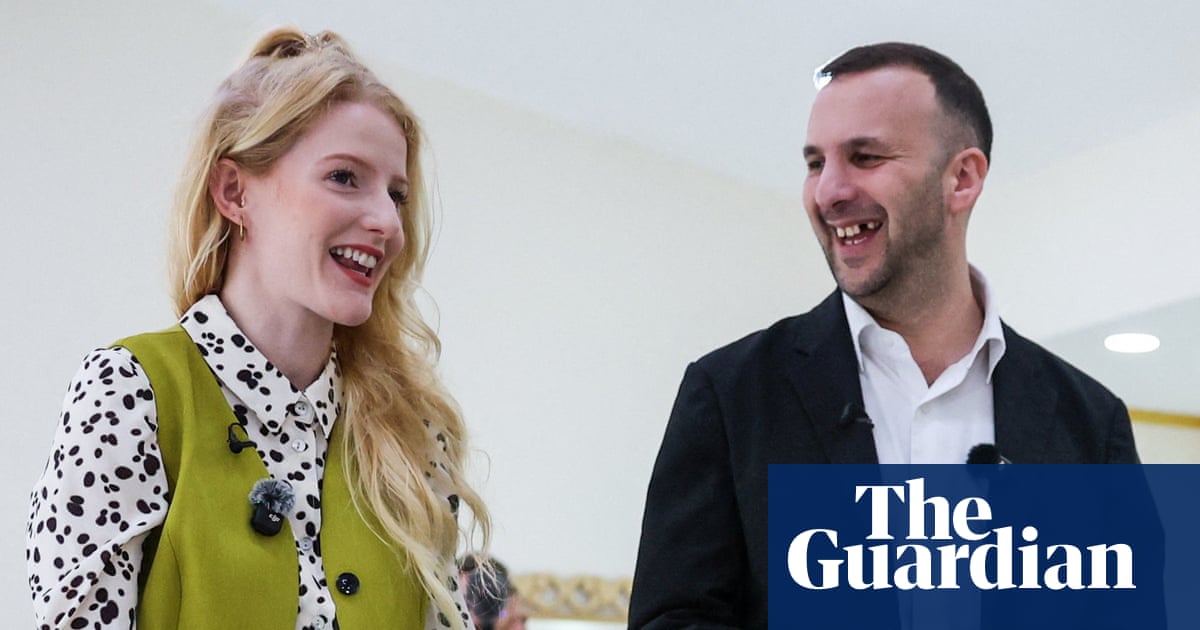What exactly happened with Billie Eilish at the Wall Street Journal Magazine Innovator awards last week? Look it up, and you have a perfect thumbnail of the modern information environment, its highs and lows. You can find out the exact words used by the event host, Stephen Colbert, as he introduced her and announced that the 23-year-old singer was giving away $11.5m (£8.8m) to fight food poverty and the climate crisis. You can find out the exact words she used after she took the stage. “We’re in a time right now where the world is really, really bad and really dark and people need empathy and help more than kind of ever, especially in our country,” she said. You can also get straight to the controversial bit. “Love you all, but there’s a few people in here that have a lot more money than me. If you’re a billionaire, why are you a billionaire? No hate, but yeah, give your money away, shorties.”
You can get an instant read on Mark Zuckerberg’s reaction, at least if you believe the New York Post – he was there while his wife, Priscilla Chan, received an award, and he signalled his displeasure by reportedly refusing to clap. You can do a deep dive on what Eilish meant by “shortie” (was it a catcall, an endearment or a simple statement of that fact that Zuckerberg is 5ft 7in and, by sheer coincidence, so is Jeff Bezos?). And you’ll find plenty of global backlash, so familiar and predictable that it feels almost naive to question its assumptions. “As gen Z are wont to do,” one Sky News Australia presenter said, “she seems to be a bit of a socialist, despite the fact that she has millions and millions of dollars in the bank.” He segues straight to Zohran Mamdani, the new mayor of New York City, noting that his biggest support is from “high-income earners”.
These are the basic rules if you want to critique the billionaire class: you cannot be wealthy yourself; if you’re in politics, you cannot be supported, even at the ballot box, by anyone wealthy. These strictures are rigid but not quantified; there is no “poor enough” you can be to get a pass. You could be on the minimum wage, but still be too educated, or from too middle class a family. You could give 100% of your money away, but if you said something and the world listened, you would still have the privilege of a platform.
after newsletter promotion
There are myriad contradictions and blind spots (for example, you remain working class “made good”, however much money you have, so long as you are using that identity in support of wealth), but don’t let those divert us from the fundamental question: if the rules state that the only position from which you can legitimately challenge a business oligarch is abject poverty, were the rules, in fact, written by a billionaire?
A certain discursive paralysis sets in when we are all talking constantly about billionaire behaviour, billion-seeking business models, billionaire agendas, billionaire networks, but remain too shy to ask whether billionaires should exist at all. There is pretty broad agreement, not limited to generation Z or the socialist republic of New York, that this minuscule wealth class undermines democracy in myriad ways, that they mostly erode workplace rights and drive down wages, that the pharaohs of tech are algorithmically mushing our brains, that their philanthropy is often sleight of hand, that they don’t want to fix the climate crisis – indeed, they are actively looking forward to the apocalypse with a side order of civil war, because it means there will be fewer of us. But we rigorously avoid the logical conclusion: that maybe having a billion dollars in the first place is innately bad.
And now Eilish has casually slammed it on the table. I thought vast-spectrum political interventions by young female singers had hit their peak with Charlie xcx remapping the territory of womanhood to include chaos, hedonism and sexual agency rather than pilates, order and cuteness. But Brat was just the beginning.
-
Zoe Williams is a Guardian columnist

.png) 3 months ago
92
3 months ago
92

